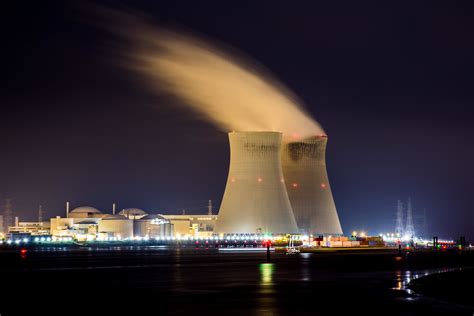It is a common misconception that small nuclear reactors (SMRs) are not a viable energy source compared to large reactors. Proponents tout SMRs as cost-effective, yet critics argue that when evaluated on the basis of cost per unit of power capacity, SMRs are more expensive than their large counterparts.
Critics often attribute the struggles of nuclear energy to factors beyond mere fear, such as high costs and regulatory burdens. While some argue that regulations aimed at alleviating fears surrounding nuclear power drive up costs, evidence suggests that compliance costs are not the main obstacle for nuclear power operators.
The debate over nuclear energy is not just about cost, but also about social, economic, and environmental implications. Environmentalists’ opposition to nuclear power plants due to safety concerns and historical accidents like Fukushima reflect broader societal issues around energy transition and cultural perceptions.
While some advocate for nuclear energy as a clean and scalable solution, others argue that the focus should shift towards renewables like solar and wind paired with energy storage technologies. The declining costs of renewables and storage, coupled with their rapid deployment rates, challenge the viability and necessity of nuclear power in the current energy landscape.
In the context of shifting energy paradigms, small modular reactors (SMRs) present an intriguing but contentious option for clean energy generation. The SMR approach offers potential for improved scalability, faster deployment, and reduced construction costs, but questions linger around their long-term environmental and economic sustainability.
The discourse surrounding nuclear energy, renewable alternatives, and energy storage highlights the complexities of navigating the global energy transition. As governments, industries, and communities grapple with balancing power needs, environmental concerns, and economic realities, informed decision-making on energy sources is paramount.
As the energy sector continues to evolve, embracing a diversified energy mix with a focus on decarbonization becomes essential. While nuclear power remains a contentious topic, its role alongside renewables and storage technologies warrants a comprehensive evaluation to ensure a sustainable and resilient energy future.
From discussions on cost-effectiveness and regulatory challenges to debates on safety and scalability, the discourse on small nuclear reactors reflects broader narratives on energy policy, climate action, and technological innovation. Addressing misconceptions and fostering informed dialogue are crucial steps towards shaping a cleaner and more sustainable energy landscape.


Leave a Reply